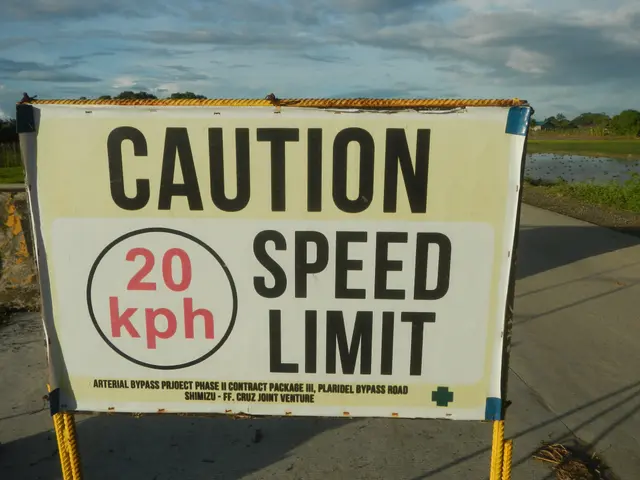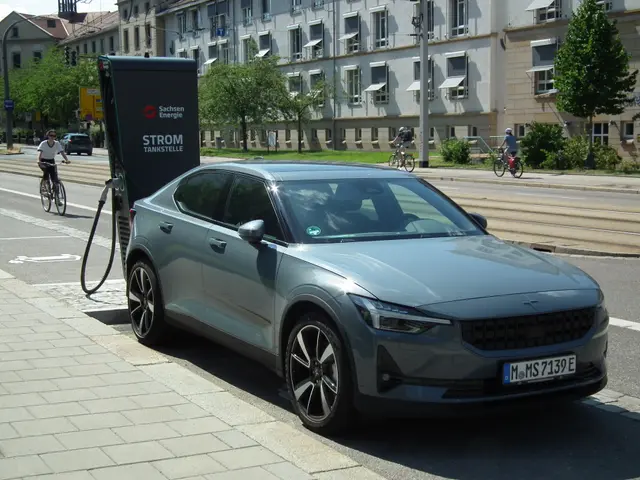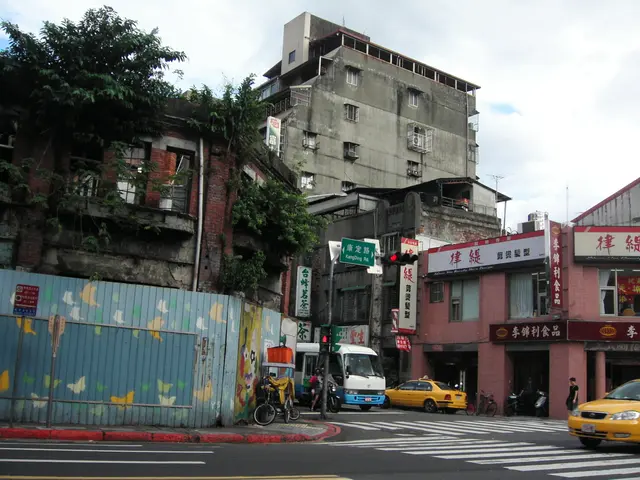Asia-Pacific's Race to 2030: Policymakers Adapt to Evolving Challenges
The Asia-Pacific region, a global powerhouse, faces evolving challenges as it races towards the 2030 Sustainable Development Goals deadline. Geopolitical shifts, climate change, and socio-economic dynamics demand adaptive policies. Recent crises have underscored the need for coordinated action in this interconnected landscape.
Armida Salsiah Alisjahbana, the Under-Secretary-General of the United Nations and Executive Secretary of the Economic and Social Commission for Asia and the Pacific (ESCAP) in 2021, has witnessed these transformations. She noted that growth must be sustainable and shared to be sustainable. Four strategic policy insights emerged from the region's development experience: maintaining price stability, ensuring fiscal buoyancy, preparing for crises through coordination, and prioritizing sustainability for people-centred development.
The region has long capitalized on transforming socio-economic gaps into opportunities. However, the 2030 deadline looms, pushing policymakers to translate announcements into tangible impacts. Recent shifts indicate a move towards structural transformation, with governments driving industrialization, accelerating green energy transitions, and pioneering sustainable financing mechanisms. Despite the complexity and diversity of the development journey, marked by energy and food price volatility and tightening financial conditions, the region's trajectory has been shaped by crisis-driven policy responses since the 1970s.
The Asia-Pacific region's development story is one of transition and transformation, with a promising path ahead. However, policymakers must adapt to shifting socio-economic dynamics, structural and climate change vulnerabilities, and emerging geopolitical realignments. Coordinated policy action, as highlighted by recent crises, is crucial for sustainable growth and shared outcomes.








